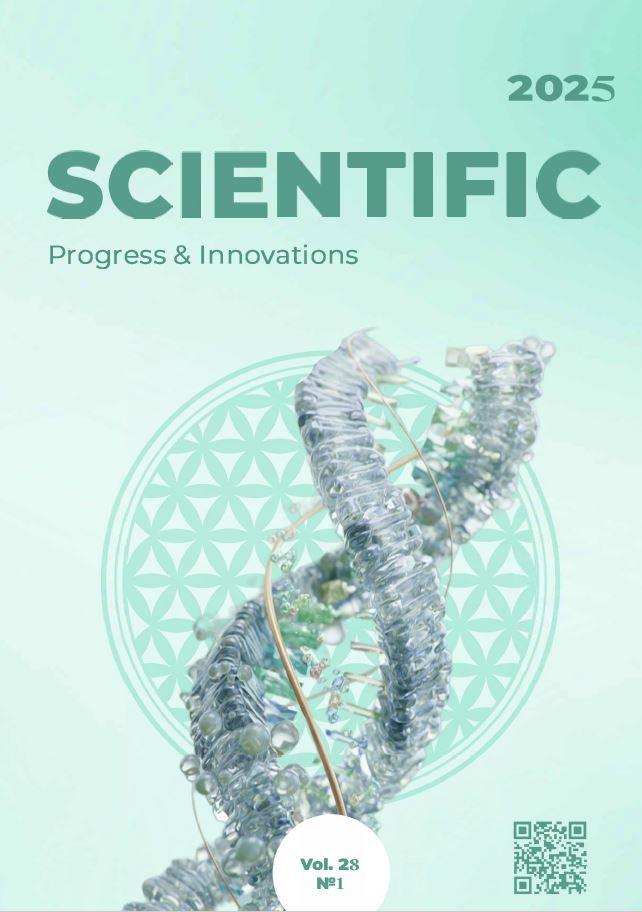The impact of bacteriophages on the immune system of animals
DOI:
https://doi.org/10.31210/spi2025.28.01.23Keywords:
phage therapy, bacteriophages, immune response, bacterial infections, phagocytosisAbstract
The global problem of antibiotic resistance has led to a resurgence of phage therapy, which offers a promising alternative to combat antibiotic-resistant bacteria. Bacteriophages are natural agents capable of specifically attacking certain bacteria, and unlike antibiotics, they exhibit high specificity for bacteria, preserving the normal microbiota of the organism. This review aims to characterize both the innate and acquired immune responses to the impact of phages on the animal organism. One of the key features of phage therapy is its ability to induce both innate and adaptive immune responses. Phages can influence bacterial phagocytosis by stimulating macrophages, neutrophils, and other immune cells to effectively remove bacterial pathogens. Additionally, phages can reduce the levels of reactive oxygen species, which helps to reduce oxidative stress in cells and tissues. An important aspect is the ability of phages to overcome mucosal barriers and enter the bloodstream, allowing them to interact with immune cells at various stages of infection. However, their effectiveness may depend on the physiological state of the animal, the dose of phages, and the specific characteristics of the phages themselves. Recent studies show that phages can promote the formation of anti-phage antibodies, but the mechanism of this process and its impact on therapeutic efficacy remain under discussion. In some cases, phages trigger an increase in antibody levels, which may influence their activity in future treatments. However, unlike traditional drugs, phages have low toxicity and can be safe even with prolonged use. These factors make phage therapy a potentially important tool for treating resistant bacterial infections in animals, especially in situations where traditional antibiotics are ineffective. The development of phage therapy may significantly change approaches to infection treatment; however, further research in this field is needed for a full understanding of its mechanisms.
Downloads
Published
How to Cite
Issue
Section
License
Copyright (c) 2025 Scientific Progress & Innovations

This work is licensed under a Creative Commons Attribution 4.0 International License.

 Creative Commons Attribution 4.0 International Licens
Creative Commons Attribution 4.0 International Licens